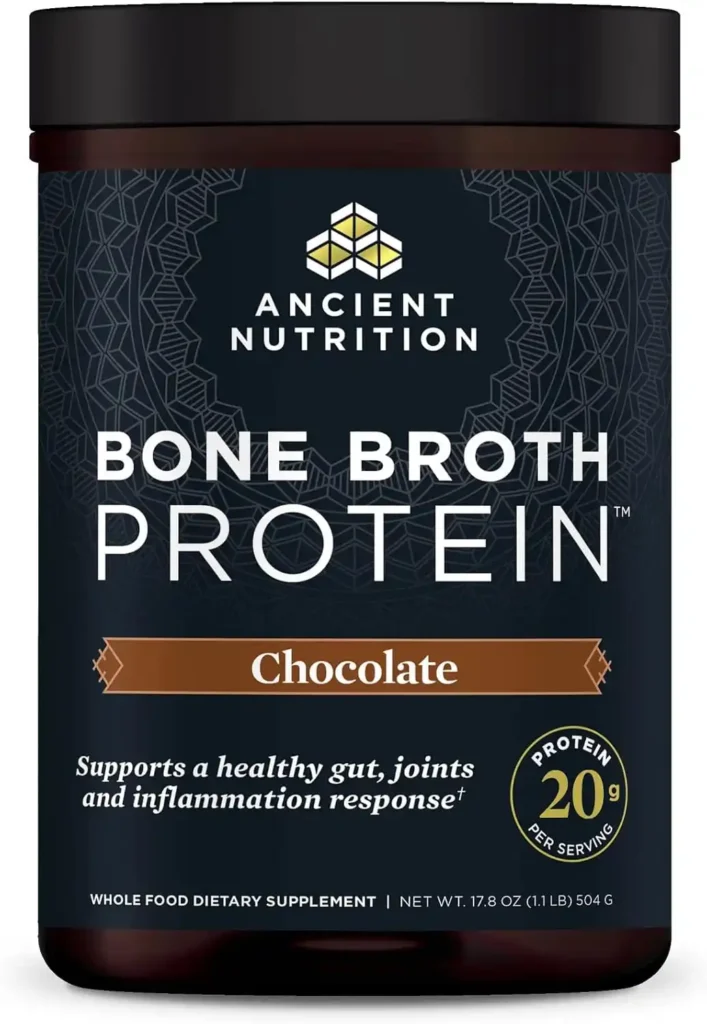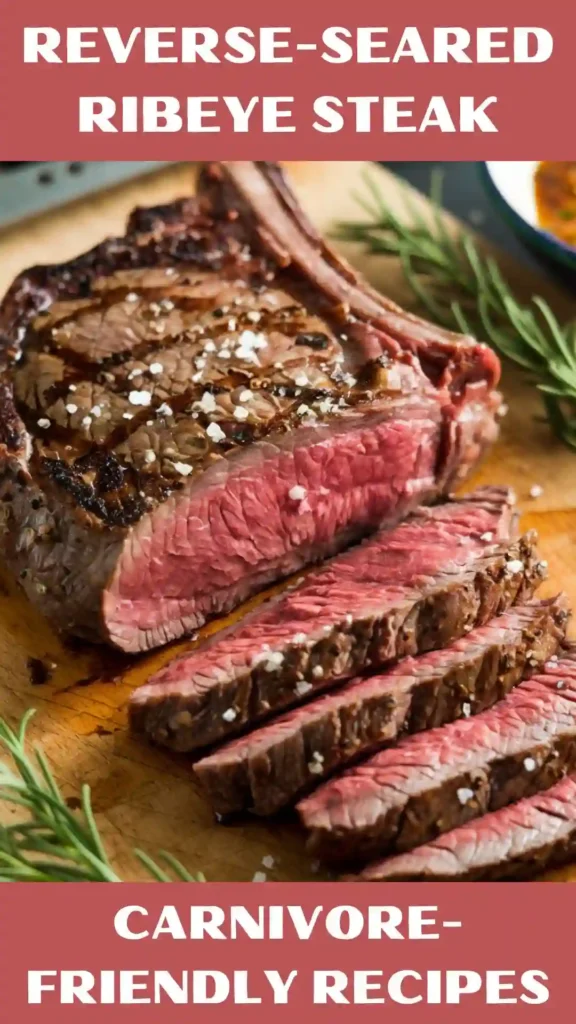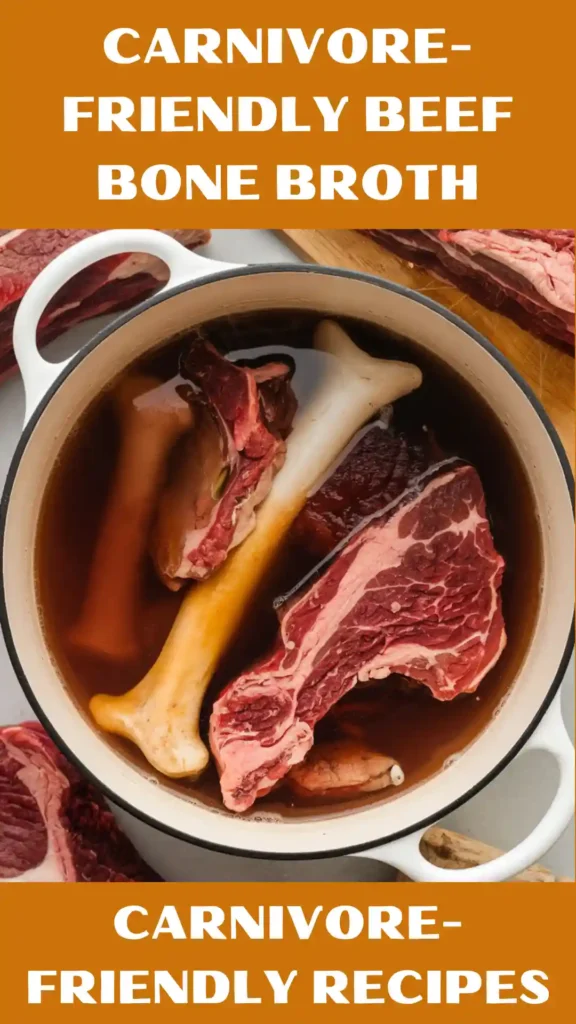Carnivore Food Supplement is a beneficial addition to support a diet focused on animal-based nutrition.
It provides essential nutrients that might otherwise be challenging to obtain solely through diet, helping to enhance energy levels, promote overall health, and ensure balanced nutrition.
By complementing a carnivore lifestyle, this supplement simplifies achieving your dietary goals effectively and conveniently.
The Benefits of the Carnivore Diet
Why the Carnivore Diet is Gaining Popularity
The carnivore diet has emerged as more than just a passing trend. This eating approach, which focuses exclusively on animal products, has captured attention for its simplicity and reported health benefits.
From busy professionals to competitive athletes, many are discovering the transformative potential of this primal way of eating.
Key Benefits of Following a Carnivore Lifestyle
When done correctly, the carnivore diet can lead to remarkable improvements in various aspects of health. Many practitioners report enhanced energy levels throughout the day, no longer experiencing the afternoon slumps common with carb-heavy diets.
Mental clarity often improves dramatically, with many describing a newfound ability to focus and concentrate without the brain fog they previously experienced.
Perhaps one of the most appreciated benefits is the simplification of eating habits. Gone are the complex meal plans and endless food choices – the carnivore diet strips nutrition down to its essentials, making food decisions straightforward and time-efficient.
Why Carnivore Food Supplement Are Essential for the Carnivore Diet
Understanding Nutritional Gaps in a Carnivore Diet
While the carnivore diet provides abundant protein, healthy fats, and many essential nutrients, it’s important to acknowledge that eliminating all plant foods can create certain nutritional gaps.
Even the most nutrient-dense animal foods might not provide optimal levels of every vitamin and mineral your body needs for peak performance.
The Role of Carnivore Food Supplement in Optimizing Health
Supplements serve as your nutritional insurance policy on the carnivore diet. They help support potential nutrient deficiencies that might arise from excluding plant foods, enhance your body’s ability to digest and absorb nutrients from animal products, and promote overall well-being by ensuring your nutritional bases are covered.
Think of supplements not as a crutch, but as strategic tools to optimize your carnivore lifestyle. Just as a professional athlete uses specialized equipment to enhance performance, carefully chosen supplements can help you achieve optimal results from your dietary choices.

Nutrients You Might Lack on a Carnivore Diet
Carnivore Food Supplement Key Vitamins and Minerals
Even though animal products provide a ton of nutrition, still, a few vitamins and minerals need extra attention on a carnivore diet:
- Vitamin C: Most people assume that meat is devoid of vitamin C, but small amounts do occur in fresh meat, especially organ meats. However, these levels may not be ideal for everyone and particularly when sick or under stress.
- Chestnut flavour: Meat is a source of magnesium although levels aren’t the best due to farming methods and food processing. This mineral is essential for energy production, muscle, and quality of sleep.
- Note: Meat has potassium but in terms of personal daily intake None, so it is still low in potassium — this may also depend on specific needs for individuals and those who may suffer during the adaptation phase of the diet.
- Vitamin D3 and K2 — These fat-soluble vitamins that act together to promote bone health, immune function and calcium uptake. Though found in animal foods, supplementation may help those who get little sunlight, especially in winter.
- Zinc: Found in abundance in red meat but essential for immune function and testosterone production, so supplementation can be useful.
Best Carnivore Food Supplement to Consider
Electrolyte Supplements
It is important to maintain proper electrolyte balance while on a carnivore diet, especially in the beginning phase of adaptation. A good electrolyte supplement with sodium, potassium and magnesium can prevent the fatigue and muscle cramps people get when switching to this style of eating.
Omega-3 Fatty Acids
Grass-fed beef has omega-3s, but a higher quality fish oil or krill oil supplement should be used to optimize your omega-3: omega-6 ratio. These important fatty acids promote cardiovascular well-being, cognitive function, and assist in regulating inflammation across the body.
Digestive enzymes and probiotics.
This shift to an all-meat diet can sometimes irritate your digestive system. Taking digestive enzymes, especially those that are adjoined with the breakdown of proteins aids to optimize the absorption of nutrients, and also increases the chances of getting digestive issues. Good quality probiotics can help balance the gut microbiome and microbiome diversity.
Bone Broth Powder
Collagen bone broth powder: High-quality bone broth powder provides collagen, glycine and minerals that promote gut health, skin elasticity and joint health and are easily absorbed. It’s particularly useful for people who don’t cook their own bone broth on a regular basis.
Organ Meat Extracts
Not everyone likes organ meats, but these nutrient powerhouses have unique nutrients that are vital for your health. Beef liver capsules are the most popular freeze-dried organ meat supplements, providing a convenient way to get these nutrients without tasting organ meat or dealing with its texture.
Vitamin C
The need for vitamin C is lower on a carnivore diet as less vitamin C competes with a lack of glucose, but some individuals may do well supplementing in modest amounts. Choose a vitamin C supplement which does not have fillers and other plant-based ingredients.

Additional Practices to Complement Your Carnivore Regimen
Hydration
Proper hydration becomes even more crucial on a carnivore diet. Without the water content from fruits and vegetables, you’ll need to be more mindful of your fluid intake. Consider adding mineral-rich spring water or electrolyte supplements to your daily routine.
Regular Exercise
Physical activity complements the carnivore diet perfectly. The high protein intake supports muscle recovery and growth, while the stable energy levels from fat adaptation can enhance exercise performance. Focus on a mix of resistance training and moderate cardiovascular activity for optimal results.
Prioritizing Quality Sleep
Quality sleep is crucial for hormone regulation, recovery, and overall health. The carnivore diet often improves sleep quality due to stable blood sugar levels, but maintaining good sleep hygiene remains important for optimal results.
Tips for Choosing High-Quality Carnivore Diet Supplement
Identifying Trusted Brands
When selecting supplements, look for manufacturers with a strong reputation for quality and transparency. Seek out companies that specialize in products for carnivore or ketogenic dieters, as they’re more likely to understand and cater to your specific needs.
Reading Labels and Understanding Carnivore Food Supplement Ingredients
Take time to carefully review supplement labels. Look for products with minimal ingredients and avoid those with unnecessary fillers, preservatives, or plant-based additions that don’t align with your carnivore approach.
Avoiding Additives and Fillers
Many supplements contain plant-based fillers, artificial colors, or preservatives that might not align with your carnivore lifestyle. Opt for clean formulations with minimal additional ingredients whenever possible.
Carnivore-Friendly Recipes
1. Reverse-Seared Ribeye Steak

A classic steakhouse technique that ensures a perfectly cooked, juicy steak with a flavorful crust.
Ingredients:
- 1 ribeye steak (1-1.5 inches thick)
- 1 tbsp beef tallow or ghee
- Salt and freshly ground black pepper
Instructions:
- Prep the Steak: Remove the steak from the refrigerator 30 minutes before cooking to bring it to room temperature. Pat it dry with paper towels.
- Season Generously: Sprinkle both sides with salt and pepper.
- Cook Slowly: Preheat your oven to 275°F (135°C). Place the steak on a wire rack set over a baking sheet. Bake until the internal temperature reaches 120°F (49°C) for medium-rare (about 25-30 minutes). Use a meat thermometer for accuracy.
- Sear for Crust: Heat a cast-iron skillet over high heat and add beef tallow or ghee. Sear the steak for 1-2 minutes per side, including the edges, to develop a golden crust.
- Rest and Serve: Let the steak rest for 5 minutes before slicing. Serve hot with a drizzle of melted ghee or butter.
Carnivore-Friendly Beef Bone Broth

A rich, collagen-packed broth that is nourishing and flavorful.
Ingredients:
- 2 lbs beef marrow bones or knuckle bones
- 1 tbsp apple cider vinegar (optional, for better mineral extraction)
- 2 quarts of water
- Optional: sea salt to taste
Instructions:
- Roast the Bones: Preheat your oven to 400°F (200°C). Place the bones on a baking sheet and roast for 30-40 minutes until browned.
- Simmer the Broth: Transfer the bones to a large stockpot or slow cooker. Add water and apple cider vinegar. Bring to a boil, then reduce the heat to a gentle simmer.
- Skim the Foam: Skim off any foam or impurities that rise to the surface during the first 30 minutes of cooking.
- Cook for Hours: Simmer the broth for 12-24 hours. The longer it cooks, the richer and more gelatinous it becomes.
- Strain and Store: Strain the broth through a fine-mesh sieve and discard the bones. Store in the refrigerator for up to a week or freeze in portions for future use.
Pan-Seared Salmon with Crispy Skin
A crowd-pleaser that highlights the natural flavors of salmon while providing omega-3 fatty acids.
Ingredients:
- 1 salmon fillet (6-8 oz, skin-on)
- 1 tbsp ghee or butter
- Salt to taste
Instructions:
- Prep the Salmon: Pat the fillet dry with paper towels to remove excess moisture. Season the skin side with salt.
- Heat the Pan: Heat a skillet over medium-high heat and add ghee or butter. Wait until it’s hot but not smoking.
- Cook the Skin Side: Place the salmon skin-side down in the pan. Press lightly with a spatula to ensure even contact. Cook for 4-5 minutes without flipping until the skin is crispy and golden brown.
- Flip and Finish: Flip the salmon and cook for an additional 1-2 minutes until the flesh is opaque and flakes easily.
- Serve Immediately: Plate the salmon with the crispy skin side up for the best texture.
These recipes are famous, well-loved, and thoroughly tested by many in the carnivore and keto communities. Each one prioritizes flavor, nutrition, and ease of preparation.
Conclusion: Achieving Optimal Health with the Carnivore Food Supplement
The carnivore diet can be a powerful tool for transforming your health, but like any tool, its effectiveness depends on how you use it. Strategic supplementation can help bridge potential nutritional gaps and optimize your results while maintaining the simplicity that makes this diet so appealing.
Remember that supplementation needs vary between individuals based on factors like activity level, stress, and overall health status. Consider working with a healthcare provider familiar with the carnivore diet to develop a supplementation strategy tailored to your specific needs.
Whether you’re new to the carnivore diet or a seasoned practitioner, taking a thoughtful approach to supplementation can help you achieve your health goals while maintaining the principles that drew you to this way of eating in the first place.



Nice information.
Thanks for sharing.